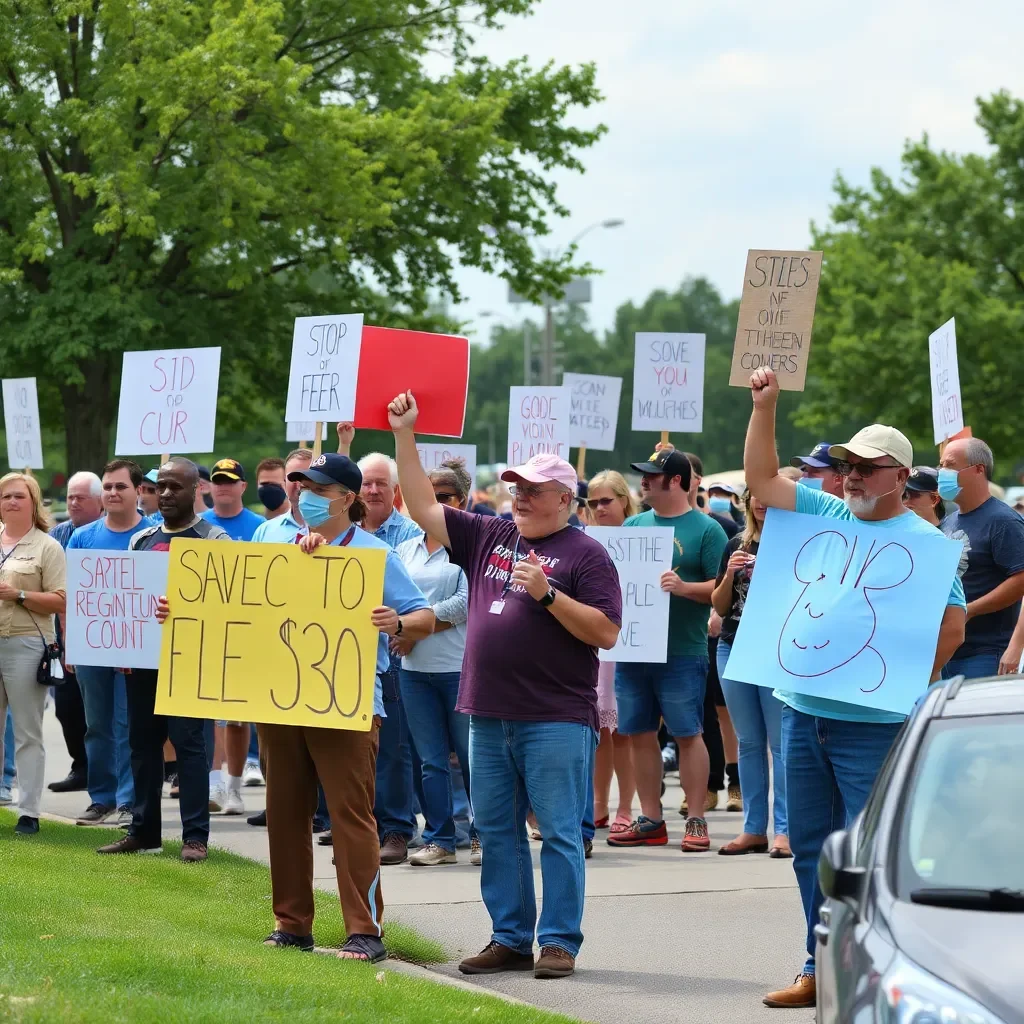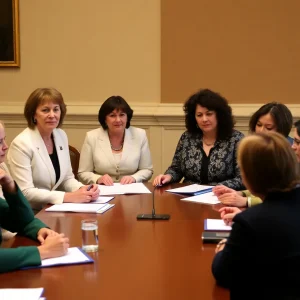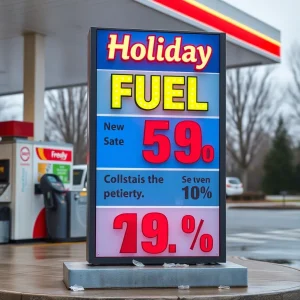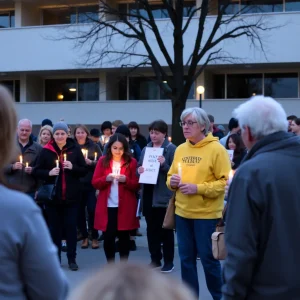Residents of Lexington County Speak Out Against Proposed Vehicle Registration Fee
On a sunny Tuesday, residents of Lexington County gathered for a public hearing, eager to voice their opinions about a proposed $30 fee to be added to vehicle registrations. This fee is intended to fund necessary road improvements throughout the county, which has been grappling with maintenance issues for years.
Strong Opposition Surfaces
As the hearing progressed, it became clear that the overwhelming sentiment among attendees was discontent. A total of nine speakers opposed the fee, while only one expressed support for the plan. The online feedback mirrored this disapproval, with 122 responses against the fee compared to just two in favor.
The Lexington County Council has proposed this new fee as part of their latest attempt to tackle a pressing issue—crumbling roads. A recent study released in 2023 revealed some startling statistics: 38% of the county’s roadways are currently in “fair” or “poor” condition. Without action, it’s projected that by the end of the decade, this figure could soar to a staggering 70%.
Funding Challenges
Brent Rewis, a resident of Gilbert and former deputy secretary of planning at the S.C. Department of Transportation, shared his insights at the hearing. He highlighted that resurfacing roads costs around half a million dollars per mile, while intersection improvements can range from $1.5 million to $3 million. He argued that the proposed fee could bring in about $8 million a year, but warned that this is only a small fraction of what’s actually required to bring the county’s roads back up to standard.
Legal Concerns and Alternatives Suggested
One vocal resident, Dan Hagan from Swansea, brought forth a critical viewpoint, declaring the proposed fee as a violation of state Supreme Court precedent. According to Hagan, local governments should not impose a fee on residents who don’t receive a direct benefit, arguing that paving roads for all doesn’t fit this model. “Let’s call this what it is, a tax,” he urged, even suggesting that, if necessary, he would challenge the proposal in court.
Other residents echoed similar frustrations and suggested alternative solutions in managing the county’s budget. John Campbell from Chapin even jokingly proposed bringing in an “Elon Musk-type person” to help prioritize spending. Some residents recommended adjusting the fee based on vehicle weight or creating a tax focused on visitors rather than locals.
Future Plans for Road Funding
In presenting this new fee, the county officials hinted that it could be phased out if voters approve a penny sales tax aimed at road improvements. Previous attempts to pass this tax in 2014 and 2022 met with defeat, but officials maintain hope for a renewed effort in 2026. Plans are already in motion for a commission to draw up a revised project list that could garner public support.
Chairwoman Beth Carrigg explained that without a tax, the county primarily relies on gas tax funds from the state, which amounts to about $6 million each year. However, much of these funds are allocated for state-maintained roads, leaving limited resources for local projects.
The Future of Lexington County Roads
Brent Rewis emphasized that growth in the county is inevitable, stating, “Growing up here, I’ve seen the growth. It’s coming whether you want it or not.” However, he expressed doubts about the ability of the Department of Transportation to manage this growth effectively, given that they currently oversee 40,000 miles of road.
As the meeting concluded, it was evident that while the need for infrastructure funding is critical, county residents are understandably apprehensive about new fees that might further burden their wallets. With a significant number of residents opposed to the proposed fee, it remains to be seen how Lexington County Council will address this community feedback going forward.


























